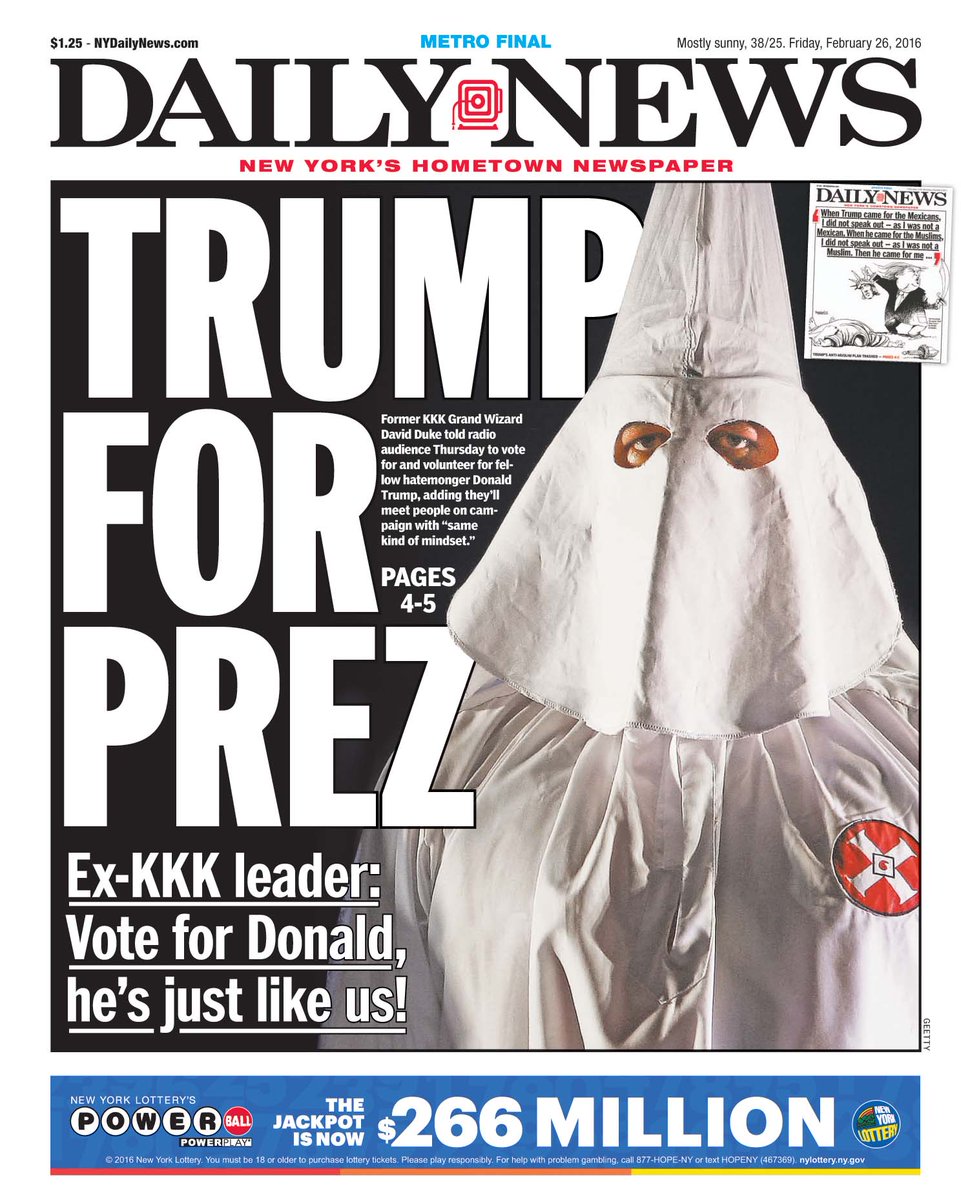This by Mark Kleiman point is excellent:
The Econ-101 case for free trade is straightforward: Trade benefits those who produce exports and those who consume imports (including producers who use imported goods as inputs). It hurts the producers of goods which can be made better or more cheaply abroad. But the gains to the winners exceed the gains to the losers: that is, the winners could make the losers whole and still come out ahead themselves. Therefore, trade passes the Pareto test.especially when paired with:
So when the modern Republican Party (R.I.P), in the name of “small government” and opposition to “class warfare,” set its face against policies to redistribute the gains from economic growth, it destroyed the theoretical basis for thinking that a rising tide would lift all the boats, rather than lifting the yachts and swamping the trawlers. Free trade without redistribution (especially the corrupt version of “free trade” with corporate rent-seeking written into it) is basically class warfare waged downwards.I wonder if it is the combination of policies that is mobilizing opposition to trade agreements? After all, to make trade deals work as a popular policy, it makes sense that one needs to make sure that the "losers" are also (at least potential) beneficiaries. If certain social groups see trade agreements as making other people better off (while they are worse off) then it undermines the whole enterprise.
Now this argument is oversimplified (as the author acknowledges) but it's not obviously wrong and it makes sense as to why anti-trade candidates are starting to gain traction. It's also worth noting that the decision to make trade free and taxes low is a policy decisions to favor certain groups -- not an inescapable law of markets. Markets work fine in the presence of tariffs.
Definitely worth thinking about

